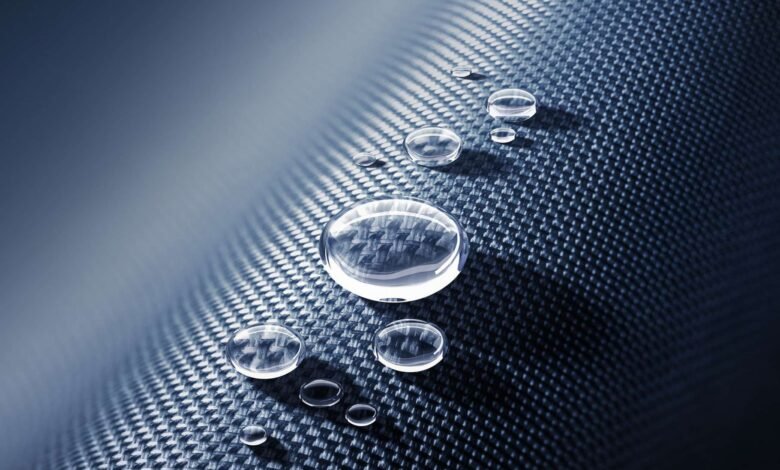Nanotechnology in Textiles: The Next Big Fashion Trend

Introduction
Have you ever wondered how your waterproof jacket repels rain or how your odor-resistant gym clothes stay fresh? The answer, surprisingly, lies in the realm of the minuscule world of Nanotechnology in Textiles. This revolutionary technology has infiltrated numerous industries, and textiles are no exception.
Understanding Nanotechnology
Nanotechnology involves manipulating materials on an atomic or molecular scale, specifically, those sized between 1 and 100 nanometers. That’s astonishingly small—so tiny that comparing a nanometer to a meter is like comparing a marble’s size to the Earth’s size. This gives a new perspective on engineering materials to perform better, right?
The Advent of Nanotechnology in Textiles
Nanotechnology has made tremendous inroads into the textile business in recent years, promising to change how our fabrics appear, feel, and perform through a union of science, style, technology, and tactility. Imagine clothes that can keep you warm in winter, cool in summer, and clean themselves automatically!
The Promise of Nanotechnology
The potential applications of nanotechnology in textiles are vast. From fabric that repels water and stains to garments that monitor health and fitness, the possibilities are fascinating and endless.
The Process of Applying Nanotechnology in Textiles
Integrating nanotechnology with textiles involves infusing fabric with nanoparticles or coating it with thin nanostructures. These microscopic components can provide new properties to materials without altering their look or feel a feat once considered purely science fiction.
The Benefits of Nanotech in Textiles
Durability and Longevity
Nanotechnology can enhance the durability and lifespan of textiles. Nano-treated fabrics resist tears, scratches, and stains, thus staying new longer.
Versatility in Function
Nanotech textiles are not only more durable but also highly adaptable. They can be designed to exhibit antimicrobial properties, ultraviolet (UV) protection, flame retardance, and even body temperature regulation.
Environmental Impact
One of the most compelling benefits of nanotech textiles is their potential for sustainability. Fabrics that are more durable and self-cleaning reduce the frequency of replacement and laundry needs, thereby decreasing overall environmental impact.
Challenges and Potential Risks
Ecological Concerns
While the benefits are impressive, it’s also essential to consider the ecological implications of nanotechnology. There are concerns about how nanoparticles might interact with the environment once they leave our homes in the form of discarded clothing or laundry water.
Health Risks
Similarly, potential health risks associated with long-term nanoparticle exposure still need to be fully understood. As nanotech textiles become more prevalent, it will be crucial to study these potential risks further.
Current Innovations and Future Trends
Cutting-Edge Products and Applications
Despite these challenges, nanotechnology continues to push the boundaries of what’s possible in textiles. We’re now seeing products like nanotech-infused athletic wear that can measure performance metrics or smart Nanofabrics whose attributes can be changed in response to environmental changes.
Predictions for the Future
With the pace of technological advancements, the future of nanotechnology in textiles looks bright. We expect innovations like wearable technology, smart home furnishings, and advanced military and healthcare applications.
Conclusion
Nanotechnology in textiles is an exciting and rapidly evolving field, promising significant benefits while posing new challenges. To achieve a balance between technological breakthroughs and consideration for their effects on the environment and human health as we continue to explore their potential. By doing this, we will be able to use the power of the microscopic to advance textile innovation on a massive level.








